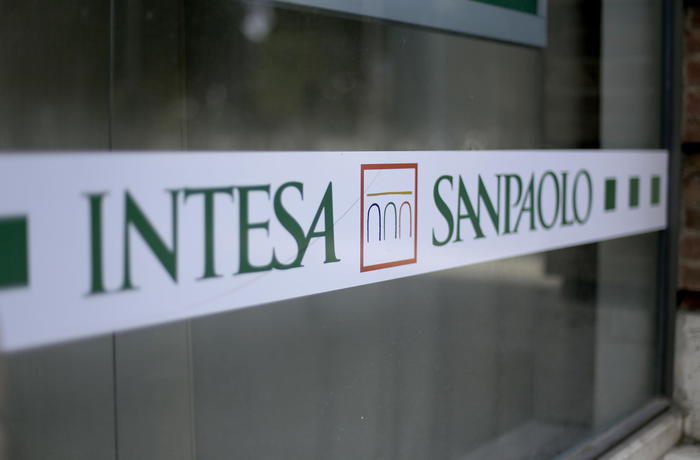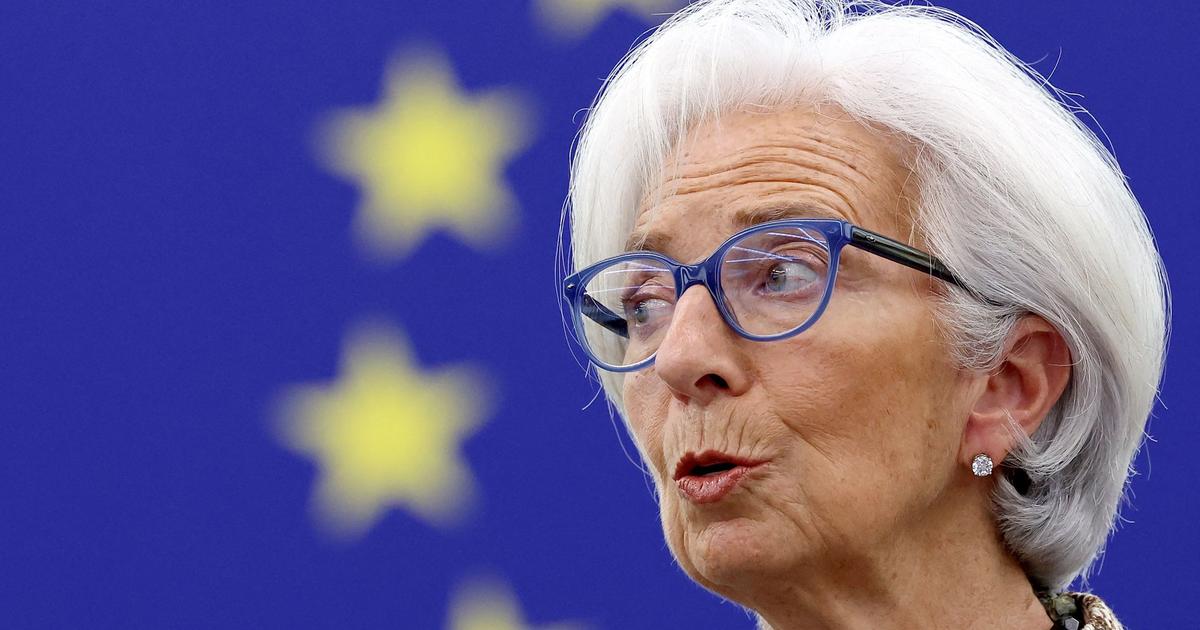Will the ECB announce more interest rate hikes despite Silicon Valley bankruptcy on Thursday?
Jörg Krämer, chief economist at Commerzbank, explains the effects of the bank earthquake in an interview.
Frankfurt/Munich – Since the Silicon Valley Bank (SVB) in the USA went bankrupt, bank stocks worldwide have been under massive pressure.
Suddenly, investors also see interest rate increases as a risk for the financial sector.
Will the central banks not raise interest rates as much as planned after all?
And what does that mean for the stock exchanges?
That's what the
Munich Merkur
asked Jörg Kramer, the chief economist at Commerzbank.
Jörg Krämer on the collapse of the SVB: "The bank supervisors in the USA must ask themselves how they could have overlooked this"
Mr. Krämer, the Silicon Valley Bank (SVB) in the USA is in trouble.
Skepticism about US regional banks is also growing.
How come?
The SVB had collected a lot of money from young technology companies and invested it in US bonds.
Because of the rise in interest rates, these bonds have lost massively in value.
Normally, banks hedge against such interest rate risks.
But that was hardly the case with the SVB.
Many investors now fear that other US regional banks have made the same mistake.
Why didn't the SVB cover the risks?
I don't know that.
Bank supervisors in the US must ask themselves how they could have overlooked this.
It is unusual not to hedge such risks.
Is there a risk that many large banks have failed to provide such safeguards?
Investors don't know exactly to what extent the many US regional banks have hedged against interest rate risk.
It cannot be ruled out that further cases will become known.
But I don't think this will be a crisis for the entire American banking system.
Big US banks usually hedge against such risks.
Can the US authorities prevent customers from panicking and withdrawing their money from US banks?
The US authorities have intervened decisively.
They have fully guaranteed the deposits of the two banks, even beyond the legal limit of $250,000 per depositor.
In addition, US President Joe Biden has effectively guaranteed deposits at all banks.
In addition, the US Federal Reserve has made very cheap lines of credit available to US banks.
You can now submit bonds as collateral without taking their price losses into account.
This is a very big help for the affected US banks.
+
Jörg Krämer is chief economist at Commerzbank.
© Connerzbank AG
Does the US Fed also have to cancel its planned interest rate hikes so that the banks' securities portfolios don't get even further under water?
If the stability of the US banking system was really in jeopardy, it certainly would.
For this reason, market participants have radically reduced their interest rate expectations, and many are even anticipating interest rate cuts instead of further interest rate increases.
You rarely see anything like that.
What does that mean for the US interest rate decision in the coming week
The Fed is unlikely to hike interest rates by half a percentage point, as was widely expected a week ago.
If the difficulties of the US banks do not escalate, they are not likely to pause completely either;
inflationary pressures are still too high.
I currently expect a quarter-point rate hike next week.
Does that mean the Fed is taking its foot off the gas when it comes to raising interest rates, but not braking completely?
Yes.
Initially, it is unlikely to raise interest rates as much as previously thought.
But the rate hike process should not be over because of inflation, provided that the situation of the US banks gradually eases.
Krämer: "It is possible that the ECB will raise less than announced"
And the ECB?
They had announced an increase of half a percentage point for today's Thursday meeting, and inflation is also higher than expected by the ECB.
Normally she would certainly have implemented her announcement, but the situation is just not normal at the moment.
Therefore, it may well be that the ECB will raise less than announced.
Is this small price change enough for a party on the stock exchanges?
Slowly rising interest rates are good for stocks.
Now it is not about interest rates, but about the perceived risks in the banking system.
These currently determine the share prices, which are therefore also downright smeared this week.
But when the crisis subsides, the stock markets should recover – even if interest rates continue to rise.
What do you think: is this a good time for investors to enter?
Predicting timing is always very difficult, especially since every investor has a different risk profile.
Initially, the nervousness on the markets will remain high.
Anyone who gets in anyway must be able to withstand possible further losses.
On the other hand, the stock markets should recover in the medium term when the situation in financial stocks eases again.
However, for risk-averse investors who share this scenario, a gradual entry at lower prices can make sense.
Interview: Andreas Hoess














/cloudfront-eu-central-1.images.arcpublishing.com/prisa/B7F2F3HZ2JCUHDZJKAGKAXXPSU.jpg)